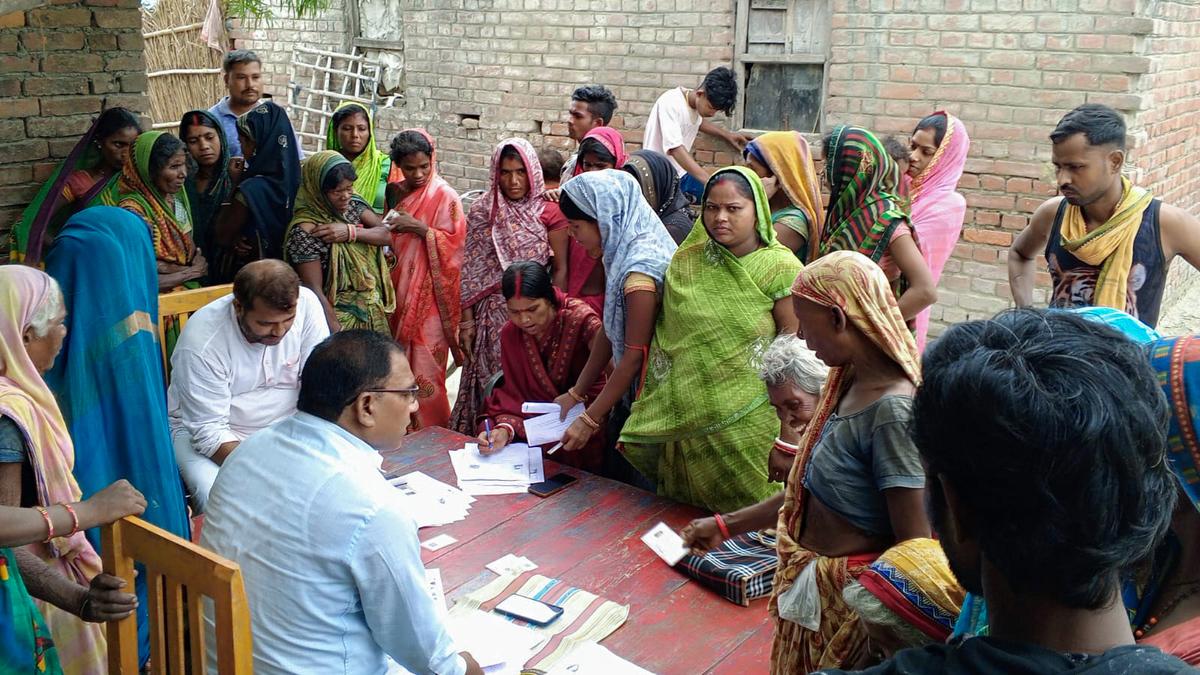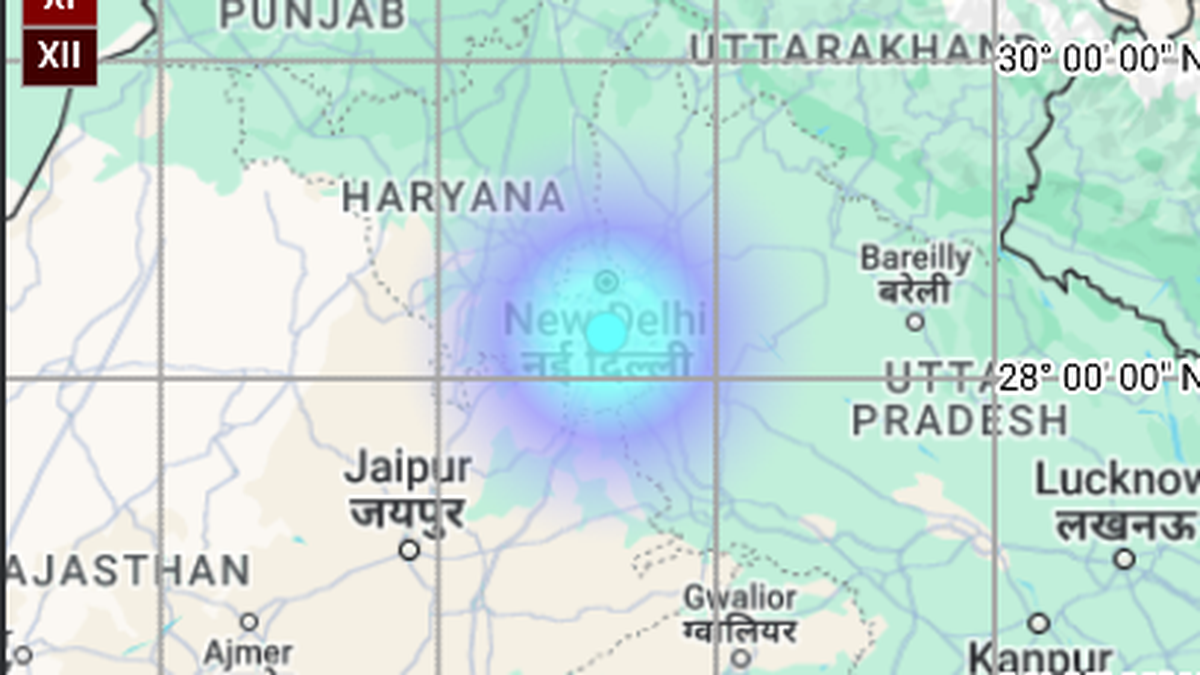The story so far: The Supreme Court is hearing cases filed against the Special Intensive Revision (SIR) of electoral rolls in Bihar. One of the questions that has arisen during this debate has been the legal status of the ‘right to vote.’
What are various rights?
Before understanding the status of ‘right to vote’ in India, let us briefly understand the different types of rights.
Natural rights are inherent and inalienable rights that are bestowed by nature on individuals. Right to life and liberty are considered to be natural rights. Indian courts may decide that a natural right is embodied in a fundamental right, but they do not directly enforce any natural right. Fundamental rights enumerated and guaranteed in Part III of the Constitution secure equality and liberty which are enshrined in our Preamble. The state is prohibited from making laws that violate these rights. They are directly enforceable in the Supreme Court under Article 32 of the Constitution.
Constitutional rights are contained in the Constitution but outside of Part III. These rights include right to property, free trade, and no taxation without the authority of law. These rights are operationalised through Union and State legislations aligning with the constitutional mandate. They are enforceable in a High Court under Article 226 or as per the legal process in the laws that operationalise them.
Statutory or legal rights are provided and amended by ordinary laws of Parliament or State legislature. Examples include right to work under the MGNREG Act; rights of scheduled tribes under the Forest Rights Act; right to subsidised food grains under the National Food Security Act etc. These are enforceable as per the legal process in the laws that provide these rights.
What does the Constitution say about universal adult franchise?
Article 326 of the Constitution grants every citizen the right to vote, without any discrimination. It provides that every citizen, who is not less than 18 years of age on such date as may be fixed by law and is not otherwise disqualified under the Constitution or any law on certain grounds, shall be entitled to be registered as a voter.
The laws enacted by Parliament in this regard are the Representation of the People Act, 1950 (RP Act, 1950) and the Representation of the People Act, 1951 (RP Act, 1951). Section 16 of the RP Act, 1950 disqualifies a non-citizen from being enrolled in the electoral roll. Section 19 of the same law requires that the person is not less than 18 years of age on the qualifying date and is ‘ordinarily resident’ in a constituency.
Section 62 of the RP Act, 1951 provides the right to vote to every person whose name is entered in the electoral roll of a constituency. It further specifies that this right shall not be exercisable by a person who is disqualified under the RP Act, 1950 or is in prison.
What have courts ruled?
The legal status of the right to vote has been a subject matter of debate in various cases in our country. In the N.P.Ponnuswami case (1952), a Constitution Bench of the Supreme Court held that the right to vote is a statutory right and subject to limitations imposed by it. In the Jyoti Basu case (1982), the court reiterated that the right to vote is neither a fundamental right nor a common law right but a simple statutory right. Subsequently in many cases, the same ratio was followed and upheld by the court. In the PUCL case (2003), Justice P.V. Reddy observed that the right to vote, if not a fundamental right, is certainly a ‘constitutional right.’
However, a Constitution Bench of the Supreme Court in the Kuldip Nayar case (2006), again held that right to vote is only a statutory right.
In the Raj Bala case (2015), a division bench of the Supreme Court, based on the ratio in the PUCL case, held that the right to vote is a constitutional right. However, in the Anoop Baranwal case (2023), the majority opinion, reiterated the judgment in the Kuldip Nayar case, that the right to vote is only a statutory right. Hence, the current legal status of the right to vote is that it is a statutory right.
Justice Ajay Rastogi, in his partial dissent in Anoop Baranwal, noted that the right to vote is an expression of the choice of the citizen, which is a fundamental right under Article 19(1)(a). Right to vote is intrinsic to free and fair elections that is part of the basic structure of the Constitution. Even if not considered a fundamental right, this right originates from Article 326 of the Constitution and is shaped by statutes made by Parliament. Considering these factors, the Supreme Court may consider elevating the status of right to vote into a constitutional right.
Rangarajan. R is a former IAS officer and author of ‘Courseware on Polity Simplified’. Views expressed are personal.

























